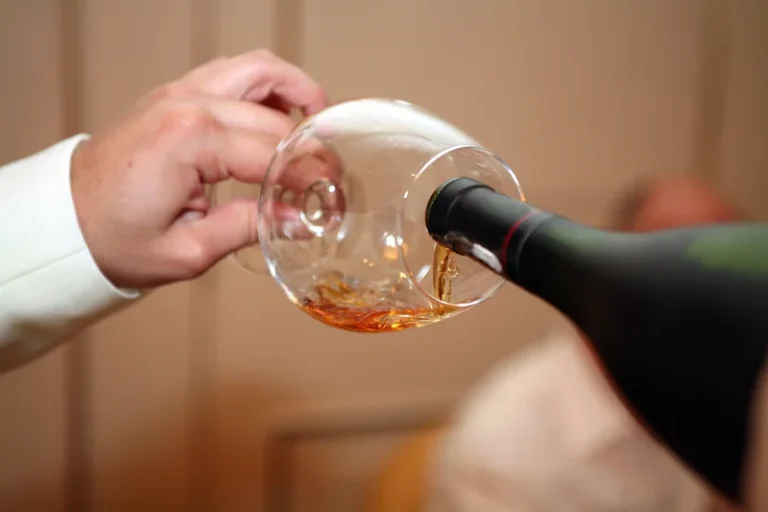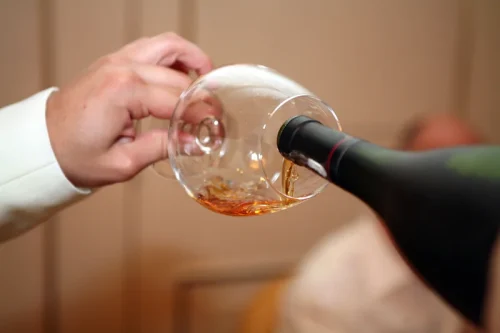
Ask someone you respect if they can be your “go-to” friend in times of need. It’s great if this can be someone successful in their own recovery program or a substance abuse coach, as they will be the most qualified to support you on being sober around drinkers your journey. That said, it is also key to cultivate supportive relationships with close friends or family members who can step in to support you at a moment’s notice.
- At some point in your recovery, you’ll feel stressed out, whether it’s major stress (like losing a job) or minor stress (like running late for an appointment).
- People new to recovery can find themselves approaching their new diet, exercise program, job, and even participation in support groups with a compulsion that echoes addiction.
- Full sobriety means being in a state where a person is free from the effects of alcohol or drugs, often considered the natural state of a human being at birth.
- Understanding the neuroscience behind pleasure can help individuals in recovery appreciate the process of finding joy in sobriety.
- Chronic heavy drinking leads to a decrease in dopamine receptors, which can cause us to feel a lack of pleasure and motivation when we try to quit.
Sober Strategies Playbook: Tips for Staying Sober
As described by the National Institute on Drug Abuse, there is not a one-size-fits-all treatment program for addiction. Therefore, it’s important to ask questions to ensure that the program you want meets all of your needs. There are multiple factors to consider, including cost, reviews, licensing, accreditations, amenities, and treatments.

Manage Physical Pain
- It does not need to be rigorous exercise, it does not even need to be long.
- With a bit of planning, you can navigate the season while maintaining your sobriety and enjoying the festivities.
- Sometimes, you may not realize your symptoms are due to withdrawal and detox.
- Studies suggest digital health options can improve access to care for some of the 15 million people experiencing alcohol use disorder each year.
- This may involve planning phone calls and FaceTimes, going to extra meetings, or scheduling additional therapy sessions.
You’ll have a much easier time staying busy and sober if you have routines that keep you moving forward. It’ll not only be helpful for staying sober – you might actually enjoy the discussions. It does not need to be rigorous exercise, it does not even need to be long.
Relapse Prevention Plan

If PAWS is severe or if you’re experiencing prolonged symptoms, a medical professional can help you work through them and remain in recovery without relapse. Depending on the type of dependency, PAWS can last from six months to two years after you stop using drugs or alcohol. The key is to focus on the quality of interactions and shared experiences, rather than the presence or absence of substances. The key is to try a variety of activities to find what resonates. What works for one person may not work for another, so persistence and an open mind are crucial. Another significant social challenge in sobriety is navigating a society where alcohol consumption is often normalized and even glorified.

Implement Relapse Prevention Techniques
- Attending meetings can be a great way to stay on track and get support.
- It builds self-esteem, provides purpose, and creates new opportunities.
- Seeking help is essential in staying sober as it provides individuals with access to experts and resources in their local area.
Environmental factors and personal choices still play significant roles in the development and maintenance of sobriety. The biological underpinnings of addiction add another layer of complexity to the challenges of sobriety. These biological factors can influence both the difficulty of achieving sobriety and the risk of relapse. By Michelle PugleMichelle Pugle writes health articles for award-winning websites, as seen in Healthline, Verywell, Everyday Health, Psych Central, and Health.com. You may again seek out the people and situations that support your alcohol use. Some people who move from a controlled and protective setting find themselves awash in the environmental cues that lead to their drinking.

Leave a Reply